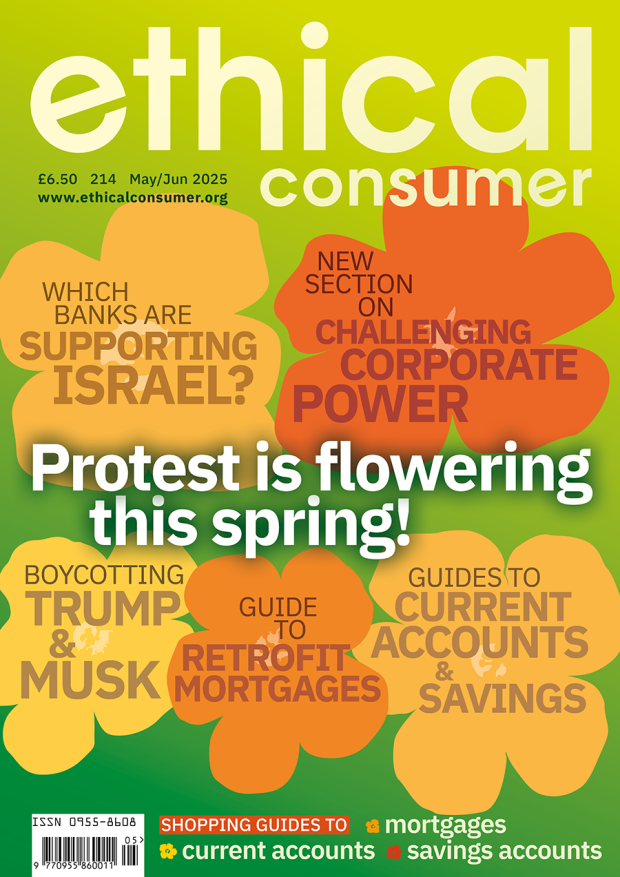Choosing an ethical business bank account
Most banks use your money to make investments. Many banks invest in fossil fuels, weapons or other unethical practices which might contradict your own company ethos such as animal exploitation.
But there are other providers that won't invest in these areas and which may be a better fit for your values and will be less of a reputational risk. There are also big problems with excessive director pay in banks. With increasing awareness of banks' unethical practices and the problems of wealth inequality, who charities and businesses bank with may be more of a consideration to your customers than it used to be.
Our ethical rankings for business bank accounts in the score table above include several that are solid ethical choices, many that have issues, and quite a few banks that should definitely be avoided.
With scores ranging from almost no points out of 100 to almost full marks, moving your business or charity account to a more ethical provider is a quick way to have an immediate ethical impact.
Making an ethical impact with your business banking
We reveal which banks are the most ethical providers of current accounts for small businesses, charities and not-for-profit organisations.
- The score table above compares providers of business current accounts.
- Many banks listed both here and in our consumer savings accounts guide also offer business savings accounts.
- Most banks and one major building society provide business current accounts, and these tend to come with monthly fees and transaction charges.
- Some banks also offer special accounts for charities and not-for-profit community organisations, and you can find details of those below.




